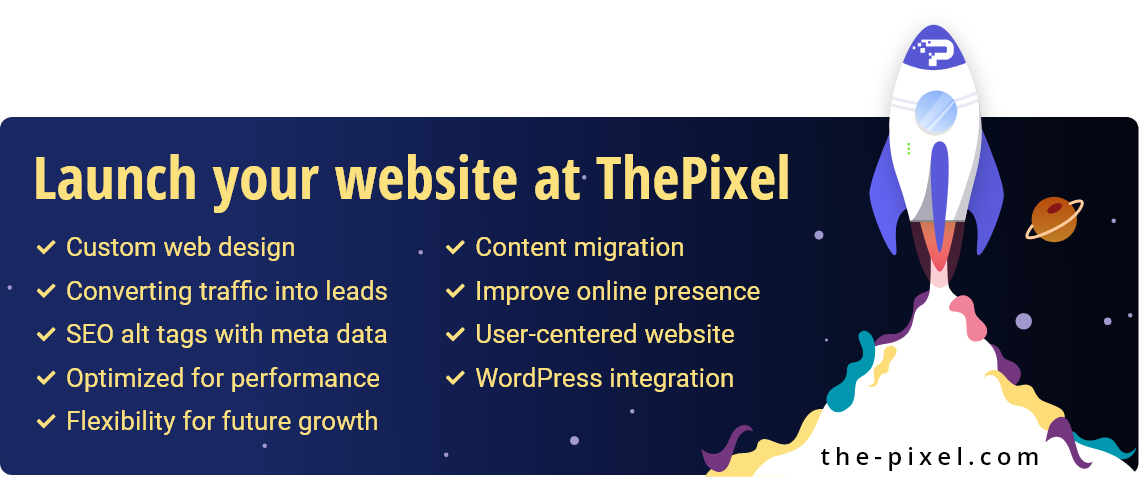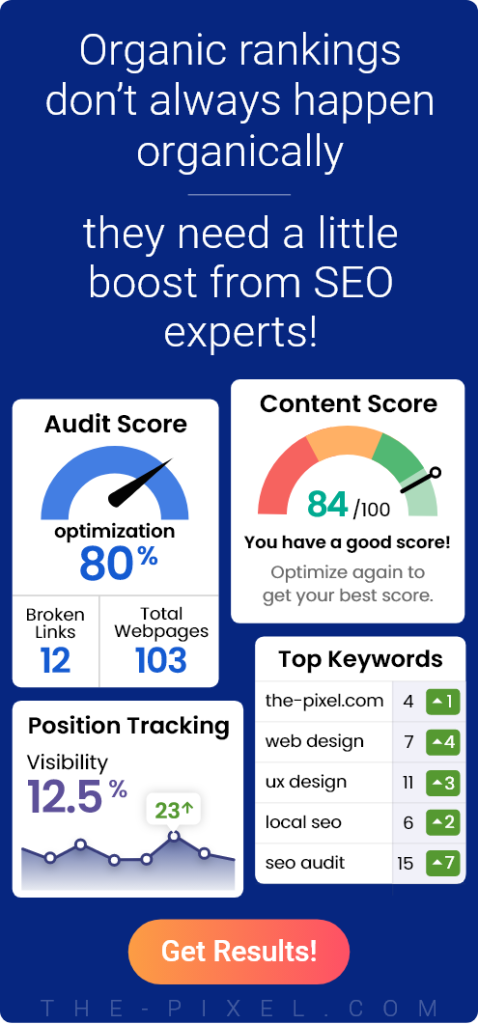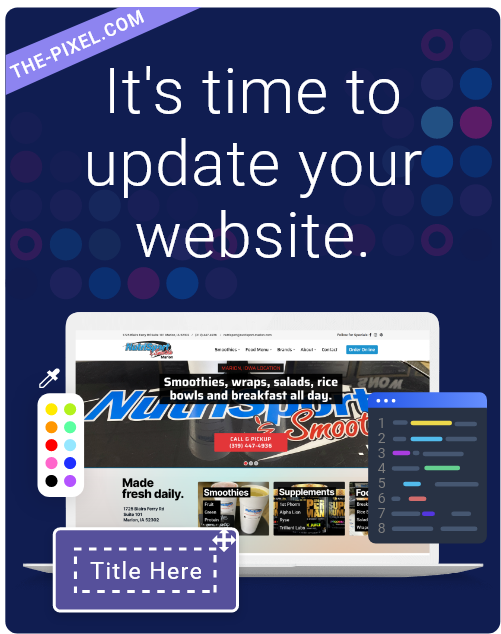Ways to Use Data Forecasting for SEO
Ways to Use Data Forecasting for SEO
Utilize data in making strategic decisions about SEO strategy
As marketers, we’re often asked to quantify the results of our efforts and justify investments. In the case of marketing efforts like paid media campaigns, attribution is straightforward: dollars in and dollars out.
But the value you might get from a particular search engine optimization (SEO) effort is influenced by countless variables such as domain authority, current traffic and rankings, backlinks, Google’s constantly evolving algorithm—the list goes on. If that wasn’t challenging enough, there’s another layer: It can take as long as 6-12 months to see results from SEO.
This is where SEO forecasting comes in.
What Is SEO Forecasting?
One of the reasons that the return on investment of SEO is so hard to determine is because of how many variables impact how successful a particular effort might be. Though this might seem like bad news, it’s actually what makes forecasting possible. When there is data, there are models.
SEO forecasting is the practice of using data to predict and model future possible outcomes as a result of the efforts you choose—or do not choose—to invest in.
Why Is SEO Forecasting Important?
The value of SEO forecasting is helping you make strategic decisions about the content and tactics you will invest in. Whether you’re an in-house marketer or at an agency, there is a cost to every minute you spend working on a particular initiative—and understanding if it’s possible to recoup that investment, and when you might recoup it is critical.
SEO forecasting helps you make those strategic decisions. Using data, you can predict the potential outcomes for pursuing one strategy over another and determine approximately when that strategy might begin to see results.
Though SEO forecasting has tremendous value in helping you plan your SEO strategy, predict ROI, and determine potential traffic growth, it’s important to dive in with realistic expectations. As the adage goes, “All models are wrong, but some are useful.”
Forecasting will help you understand what is possible and make decisions based on data rather than gut instinct—but it’s still important to realize a model is far from a definite outcome.
There are a lot of options when it comes to how to utilize forecasting—and they’re often only limited by your imagination and ability to manipulate and interpret data. To get you started, here are five common ways to use data forecasting for SEO.
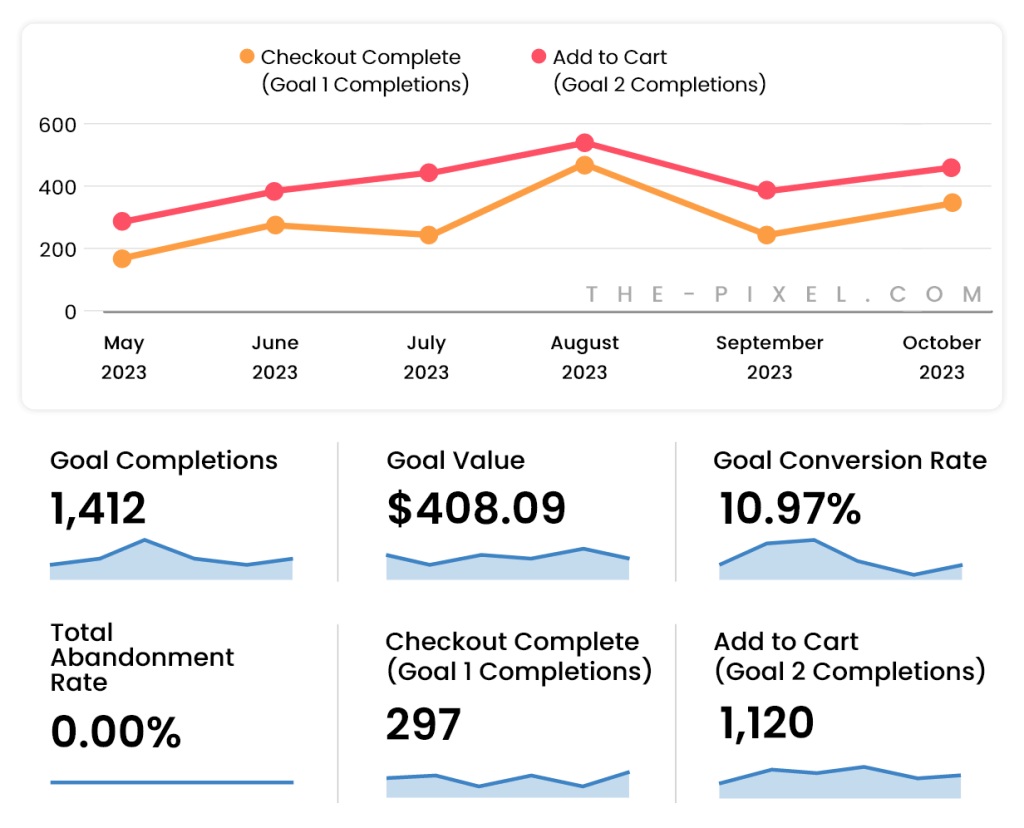
1. Forecast Return on Investment
This is the one your boss has been asking about, and one of the most common reasons that SEO forecasting is used. As elusive as determining ROI for SEO efforts can seem, modeling allows you to predict not only the return on investment but when you might see that return.
This method requires you to determine every expense that is related to SEO efforts, as well as knowing what conversions are attributable to your efforts. For example, helpful data might include:
- The cost of creating a new article
- The potential traffic of that article
- The average conversion rate on your website
- The average order value (or another ROI-indicating goal such as calls or demos)
Using this information, you can forecast how long it will take your new blog article to see a break-even or return on the initial investment of the cost of the new article.
Of course, there are other harder-to-assign benefits that might not be reflected, such as brand awareness or the possibility that your article could be a first touch that nurtures your lead towards a conversion down the line.
2. Forecast Performance for Existing Keywords
Related to predicting return on investment is determining the performance potential for a blog, website, or even a particular page. If you are already ranking for keywords, you can use forecasting to determine the potential future performance of that existing keyword.
For example, if you are ranking in the fourth position for a keyword, then you can take the current average monthly traffic of that keyword and use it to forecast the potential performance if you ranked in the second position instead. By forecasting the performance of existing keywords, you can potentially find quick wins and determine the cost of neglecting existing keywords in favor of pursuing new keyword opportunities.
3. Forecast Opportunity Cost
It can be exciting to model the possibilities for new keywords, but it’s also important to note that regardless of where you invest your resources for SEO activities, you can’t do it all. Forecasting what performance would look like if you chose not to pursue a particular strategy can be just as informative in your strategic decision-making as knowing what the potential performance looks like.
4. Forecast Future Competitor Traffic
SEO audit tools give us a plethora of insight into our competitors’ traffic and keyword rankings. Much in the same way you can forecast the potential traffic growth of your own site, you can also determine the potential future traffic of your competitor’s sites.
This is a useful tactic for understanding the true value of attempting to overtake your competitors for specific keywords. By forecasting competitor traffic, you can not only understand how a strategy benefits your company, but also how it can position you in relation to your competitors’ growth.
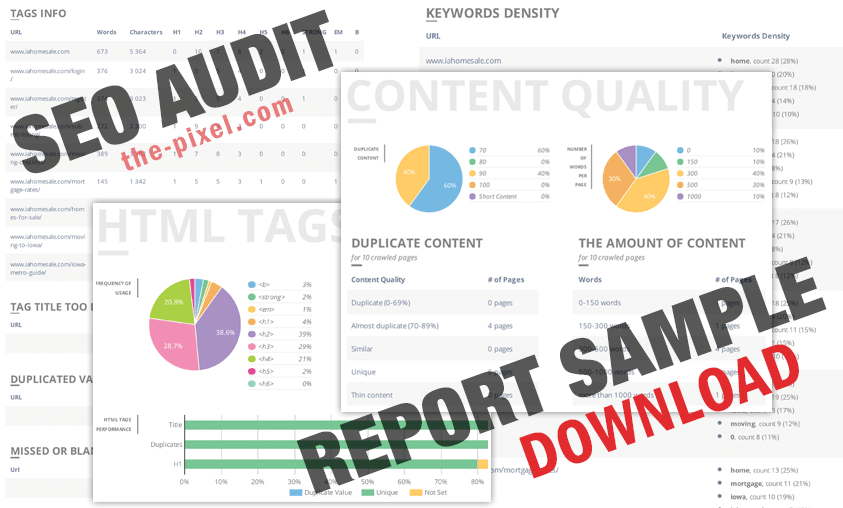
5. Benchmarking
Although models are never fool-proof, they do give us a sense of what is possible. Whether you are pursuing a new keyword opportunity or want to understand the potential of an existing keyword, you can use forecasts as a benchmark to understand where your actual performance falls in relation to the forecast.
Over time, this will give you more accurate forecasts as well as help set expectations for clients and stakeholders heading into reporting.
Taking SEO to the Next Level
Although SEO forecasting is often seen as a daunting task utilized only by large enterprise organizations or agencies, it can be useful for anyone wanting to utilize data in making strategic decisions about SEO strategy.
Hire ThePixel to build your next website!
Since our founding in 2008, we’ve created and launched many types of business websites. Over the last decade and we’ve learned a thing or two! That’s why we’re masters of our craft, let us help you build the website of your dreams – one that generates traffic, leads and conversions.
Are you ready to start? If yes, contact ThePixel and one of our representatives will guide you through the website phases and how the process works either by a Zoom Meeting or phone.
